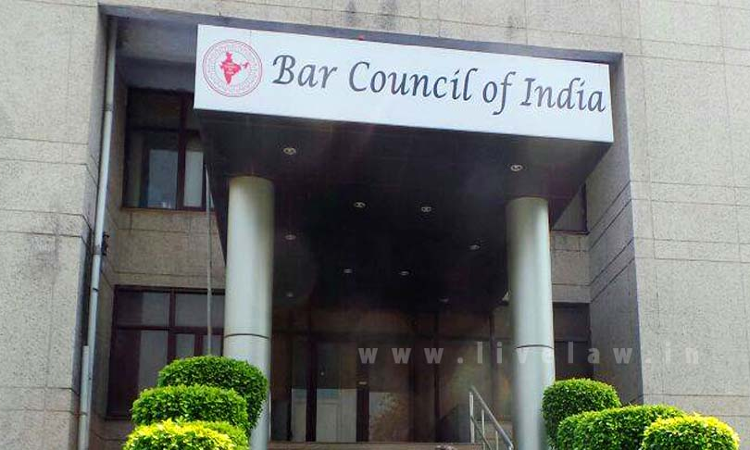Punjab & Haryana HC Sets Aside Moratorium Imposed By Bar Council Of India On Opening Of New Law Colleges
LIVELAW NEWS NETWORK
23 Dec 2020 2:21 PM IST

"BCI should seriously dilate on the issue of maintaining standard of legal education"
Next Story
23 Dec 2020 2:21 PM IST
